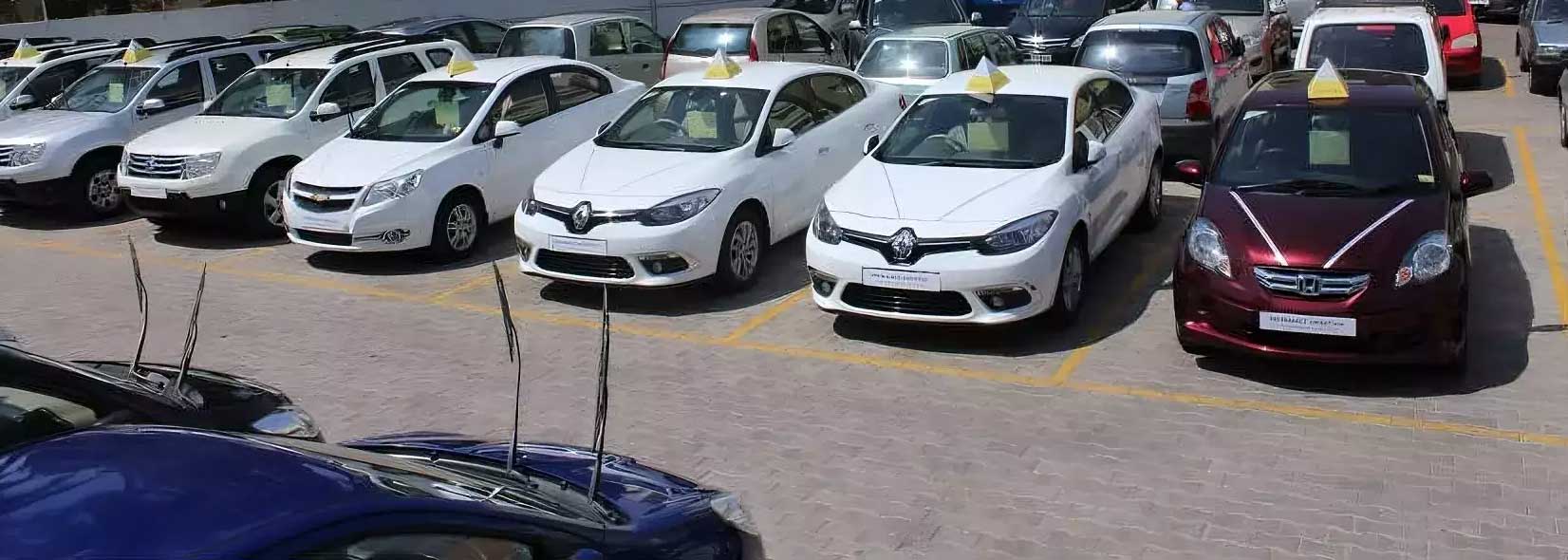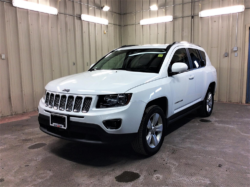Buying a used vehicle is often a smart financial decision. You’ll benefit from a lower initial price, a lessened rate of depreciation, and potentially a wider range of options to choose from. But if you’re new to the process of buying a used vehicle, or if you’re feeling indecisive, it might be hard to make that final decision. What exactly should you be looking for when buying a used vehicle?
Starting Your Used Vehicle Search
Shopping for a used truck, a used car, or any other type of used vehicle is much more accessible than it used to be. A simple search can instantly introduce you to thousands of used vehicles that ostensibly fit your needs, giving you an abundance of options to explore.
If you’re new to shopping for used vehicles, it can seem overwhelming. But you can quickly narrow down your initial list of options with the following considerations:
- Budget. How much are you willing to spend on this vehicle? A quick analysis of your income, savings, and current expenses can help you figure out how much you should spend on a vehicle. Once you have a range in mind, you can generally eliminate anything outside of that range; some used vehicles are going to be too expensive for you to consider, while others may be insufficient for your needs.
- Core needs. What are your needs, exactly? Are you going to be hauling heavy loads on a regular basis? Do you have a family of five to drive around? Are you just looking for something with excellent mileage and fuel economy? The better you understand your core needs, the easier you’ll be able to refine your search.
- Priorities. Finally, think about your main priorities. Are you willing to extend your budget for a newer, more powerful vehicle? Would you accept cosmetic abnormalities if it means getting access to something more reliable?
Once you have these parameters sorted out, you should be able to zoom in on only the vehicle models that suit your needs.
What to Look for When Buying a Used Vehicle
From that list, pay close attention to:
- Price. For most consumers, price is the most important consideration. It’s important to stay within your budget, and it’s also important to find a reasonable deal. A combination of higher price transparency and online competition means that used car prices are generally quite good, but it’s still important to do your due diligence and make sure you’re getting your money’s worth.
- Ratings and reviews. Pay attention to ratings and reviews, both for the used vehicle you’re considering and the platform you’re considering buying from. If you don’t know anything about this particular model, you might be surprised to find consumers complaining about it – or singing its praises – online. This can tell you a lot about the vehicle’s performance and reliability.
- History and mileage. The National Motor Vehicle Title Information System (NMVTIS) makes it possible to look up a vehicle’s full history with only a VIN. Hopefully, the listing will be open and honest about any defects or troubling past events associated with the vehicle, but this report can help you feel more confident about moving forward with your decision.
- Exterior. Pay close attention to the exterior of the vehicle. Many points of damage are purely cosmetic, such as dents, dings, and scratches, but it’s still important to recognize these defects and ensure the price reflects them. It’s also important to look for flaws and points of damage that could affect the vehicle, such as worn tires or malfunctioning taillights.
- Interior. Take a look at the interior of the vehicle as well. You probably don’t need a car in perfect condition, but the interior should be functional and up to your standards.
- Driving feel. Before finalizing the purchase of a used vehicle, you should typically take it for a test drive. If the vehicle is certified pre-owned (CPO), you may have certain assurances in place; otherwise, it’s important to try the vehicle for yourself. Pay attention to any warning lights you see on the dashboard, listen carefully to the engine when you start it up, and take note of any weird vibrations, handling difficulties, or other abnormalities you experience when driving the vehicle. In most cases, the used vehicle will be perfectly fine. But if you do encounter something unusual or suspicious, consider moving on or negotiating for a lower price.
- A comfortable environment. Finally, it’s important to make this decision when you’re feeling comfortable and confident. If the platform seems shady, if the vehicle seller refuses to answer your questions, or if you feel like you’re being pressured into finalizing the deal faster than you’d like, don’t be afraid to walk away.
Buying a used vehicle is cheaper and more accessible than it’s ever been before, but it’s still a big and often challenging decision. With these strategies, you can make a better decision and make that decision more confidently, ultimately driving away with a car better suited to your needs and lifestyle.







